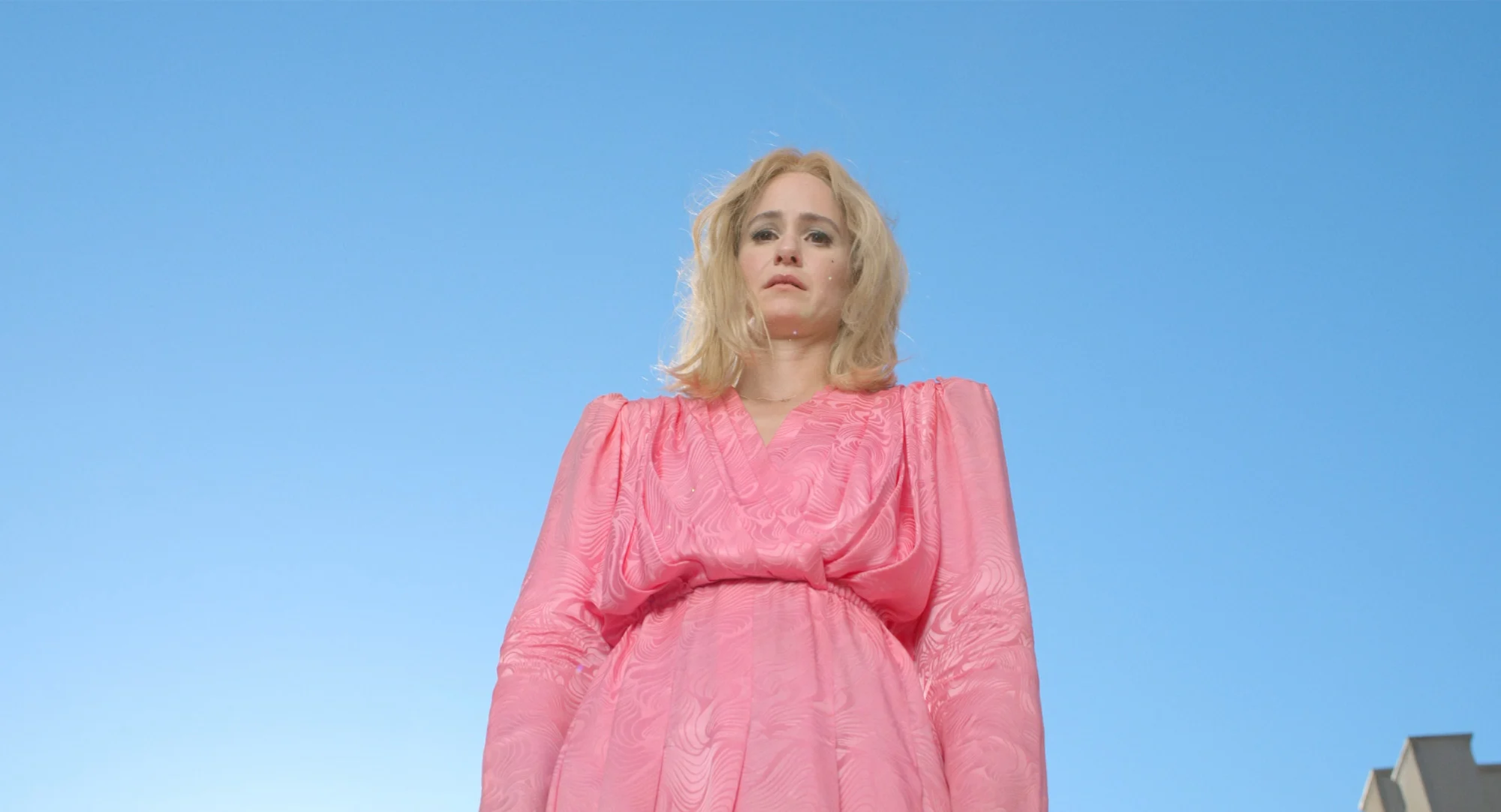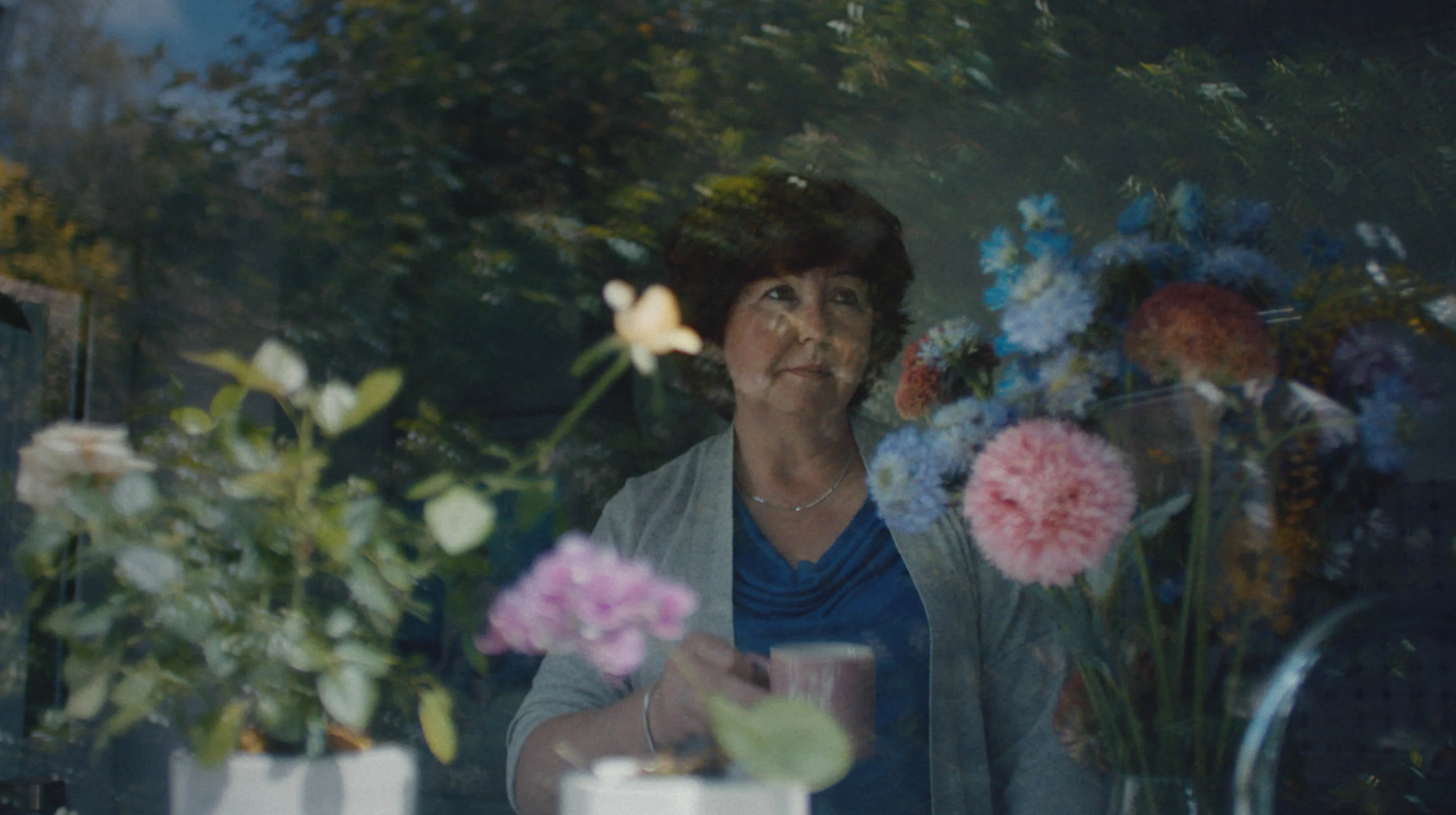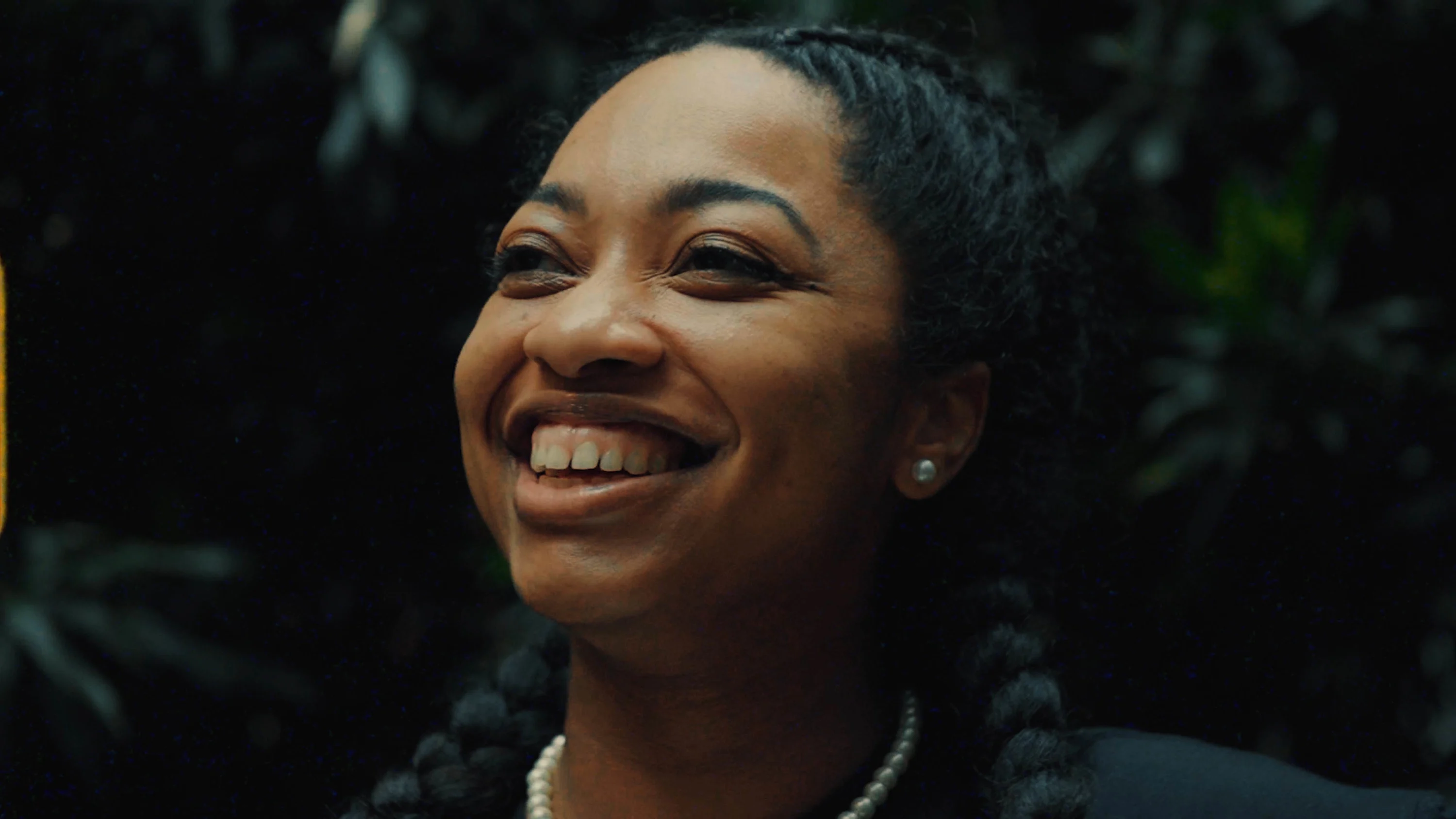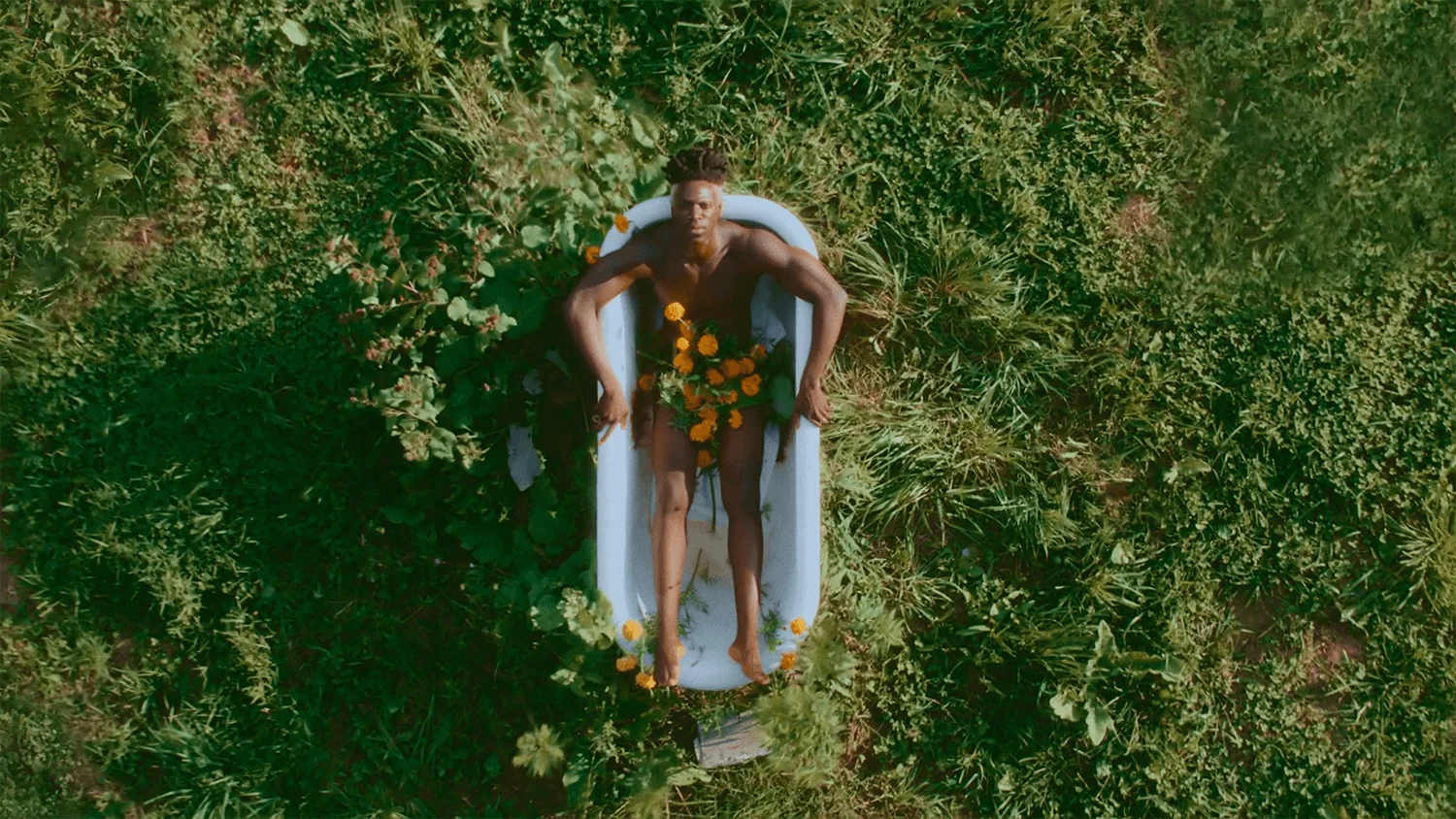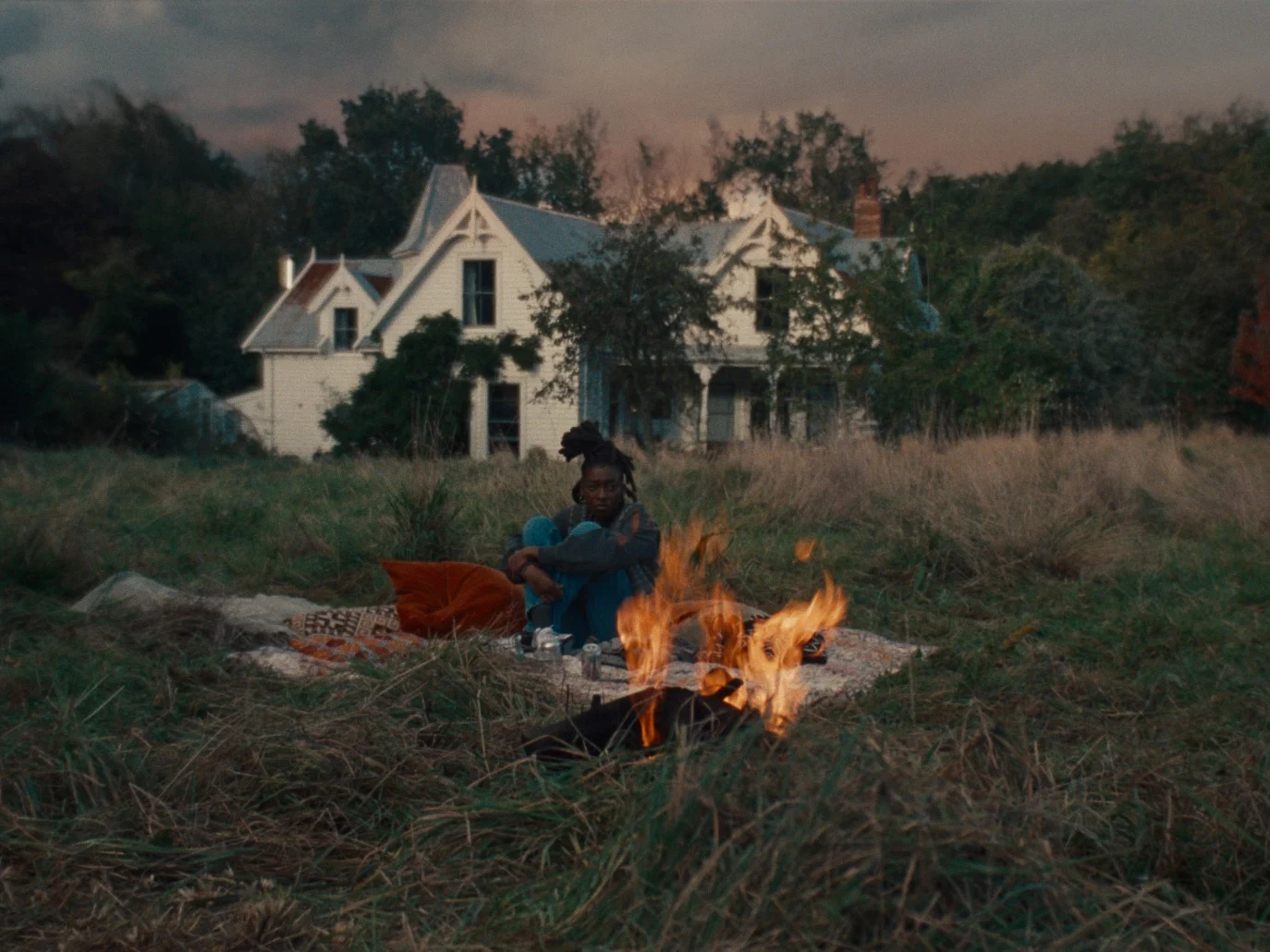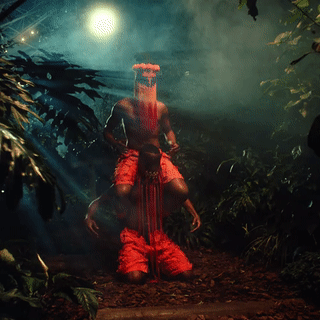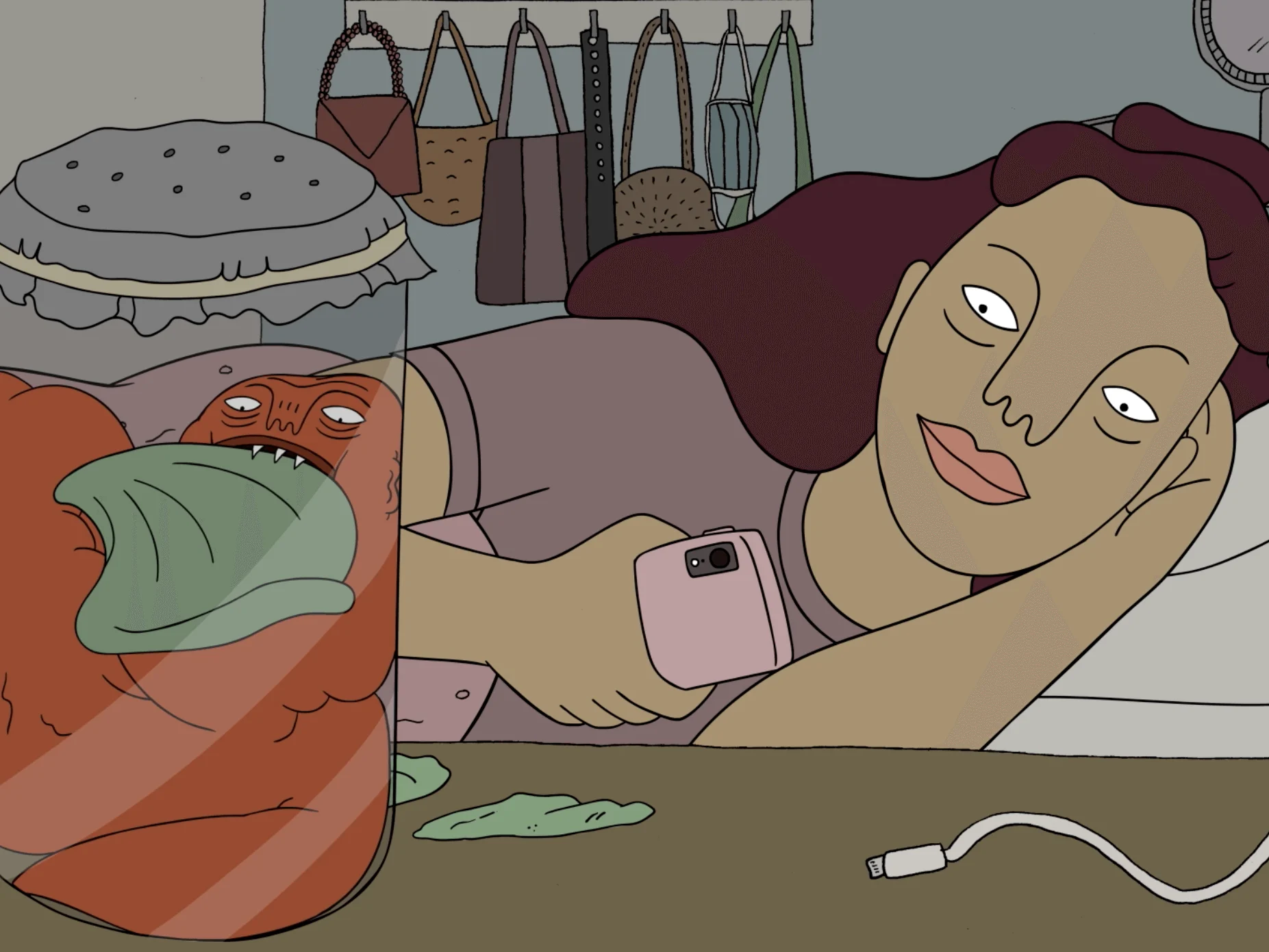
We all probably remember our final summers as a teenager—the ones that never seemed to end, old enough to be out and about, but young enough to not have all the responsibilities of adulthood. In his short film, “Seventeen,” filmmaker Ajuan Isaac-George captures that late teenage summer for a group of London roller skaters, documenting their hopes, dreams and fears in that fleeting moment in the last minutes of adolescence. He tells Alex Kahl about the chance encounter that started it all, and his urge to show a different side to a generation so often misconceived by their elders.
In 2023, in the blistering sunshine of one of the hottest summers London has ever seen, a friend of filmmaker Ajuan Isaac-George who’d recently fallen in love with roller skating invited him to join him at Greenwich’s waterfront. Expecting a group of other older skaters, they instead stumbled upon a very different scene—a huge community of teenagers laughing, smoking, drinking and, most importantly, almost all skating, as music blared. “It was something you’d expect in Atlanta or New Orleans, but with the unique London energy,” Isaac-George says. While his friend skated, he sat and watched as the teens, many of whom had just finished their last day at school or college, teased one another, joked and flirted, “doing all the things you do during those summers when you don’t really have any responsibilities,” as he says.
Isaac-George was immediately filled with nostalgia at the sight, remembering those sunny, heady summers of late teenagehood that seemed to never end. He returned to the spot a few times in the following weeks, eventually asking some of them if he could follow them and film them. They agreed without any hesitation—after all, if someone turned to you now and offered a film of your final summer before adulthood crept in, you’d probably bite their hand off.

And so, for the following two months, Isaac-George and his small team filmed the kids across London. No scene was staged, no agenda was set—wherever the kids were, he would be, filming them as they were. “Originally, we weren’t even doing interviews,” he says. “It was going to be a very different film than it is now, but the more we spoke to them, the more we realized these kids have more to say than people think they do.” And that’s always been the way; teenagers and their opinions being disregarded by the older generations, and the frustration that brings can be felt throughout the film. “Guys my age, I don’t know what it is, they’re angry,” one of the teens says. “People are not trying to hear them out, and when people don’t wanna hear you, you feel like you have to do something.”
I wanted to go back to making a documentary where you’re just capturing a moment in life, and whatever you capture is what you capture.
For these kids, that “something” is skating. In “Seventeen,” Isaac-George introduces us to a huge group that uses the sport as an escape. “If you were to ask a lot of people here how skating makes them feel, ‘free’ would be the answer for a lot of them,” says one. Another recalls “core memories” of skating with his dad as a kid. For many of them, it’s been a constant in their lives, something they could always turn to, and it’s not just the sport that acts as an escape for them, but the incredible community spirit they’ve fostered around it.
“If I need anything I can come to my brothers and sisters and say, this is how I’m feeling today,” one of them says. One teen, Mally, starts speaking about the difficulties he’s been facing: “My life, to be honest, is not the best,” he says, as a comforting hand immediately appears on his shoulder, “but I’ve got the people around me that will help me become better and love life.” He admits he’s only known some of these people a matter of months, but despite this it’s clear how much support he’s receiving from them, and how much he’s being given space to open up and be vulnerable.
This is one of many vulnerable moments in “Seventeen;” every person the camera turns to reveals something to us about their hopes, dreams, fears, and this is down to the way Isaac-George and his team approached the film. A small crew of three behind the camera kept things relaxed, and the kids clearly let their guard down around them. “There’s no great event we’re building up to in the film; we’re simply there, sitting with these characters as they hang out and reflect. I wanted to go back to making a documentary where you’re just capturing a moment in life, and whatever you capture is what you capture. You’re not faking anything,” says Isaac-George. “This project was a very good reminder of what filmmaking can be and what can come from that if you give it the time and patience.”
This project was a very good reminder of what filmmaking can be and what can come from that if you give it the time and patience.
Despite how close a connection these kids appear to have with one another in the film, Isaac-George says he’s already heard that some of them aren’t hanging out anymore. Some of them, having turned 19, feel too old to be hanging out with the younger ones, and some of them have since had children or moved away. “That’s what I felt when I first started watching them,” he says. “I thought, ‘You guys don’t know that this might be the last summer like this.’ One person is gonna go to uni, one person might have kids, one person’s gonna get a job, one person might move away. You might not even fall out, but it’s just never going to be the thing that it is now.” And that’s where the real beauty in “Seventeen” lies. Isaac-George has taken this brief, fleeting moment in time—a moment before the responsibilities of adulthood and working life start to take hold, where you feel like anything’s possible—and immortalized it. “I just wanna stay young,” one of the kids says in the film, and in this time capsule, where that endless teenage summer keeps rolling on in all its beautiful orange light, they can.








